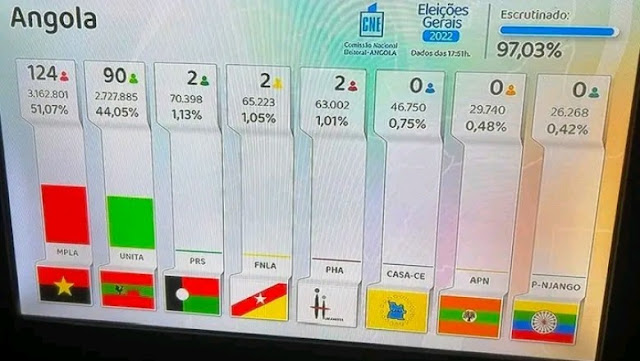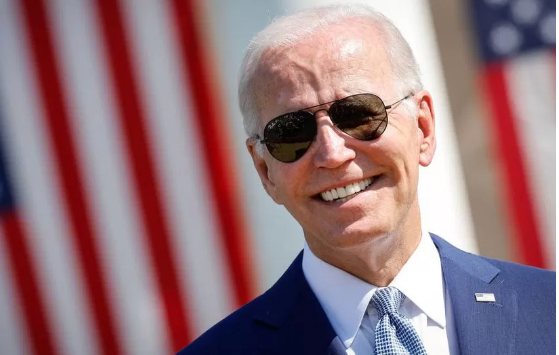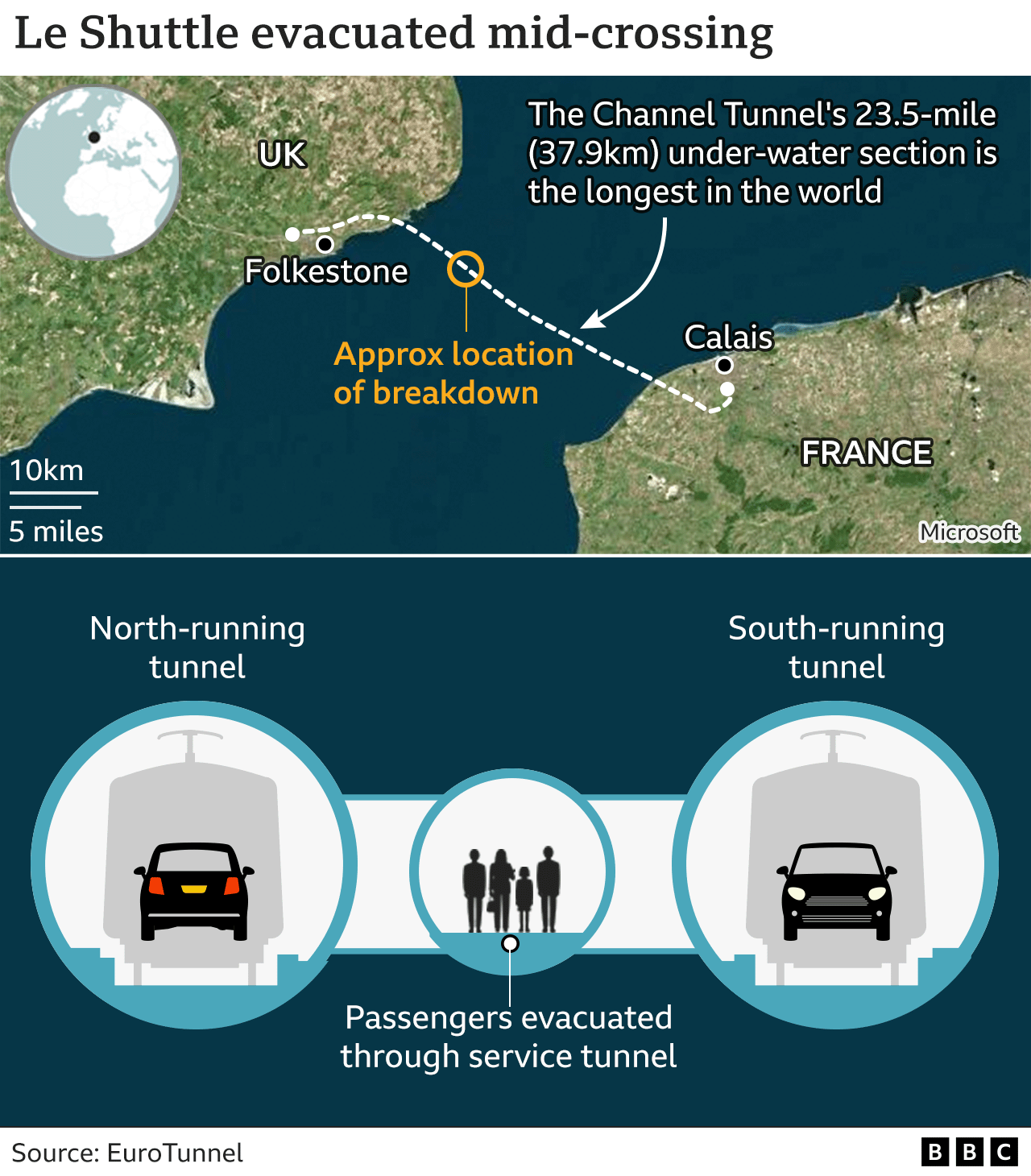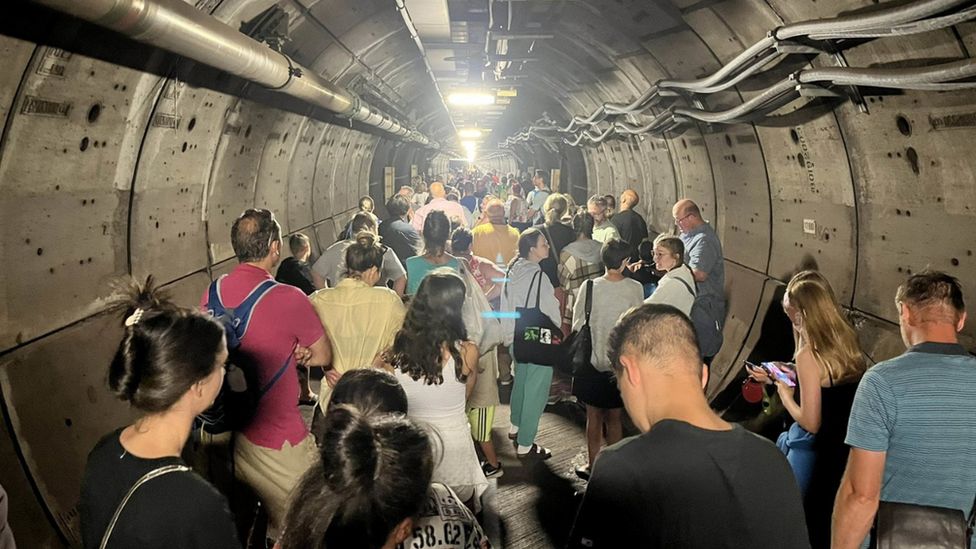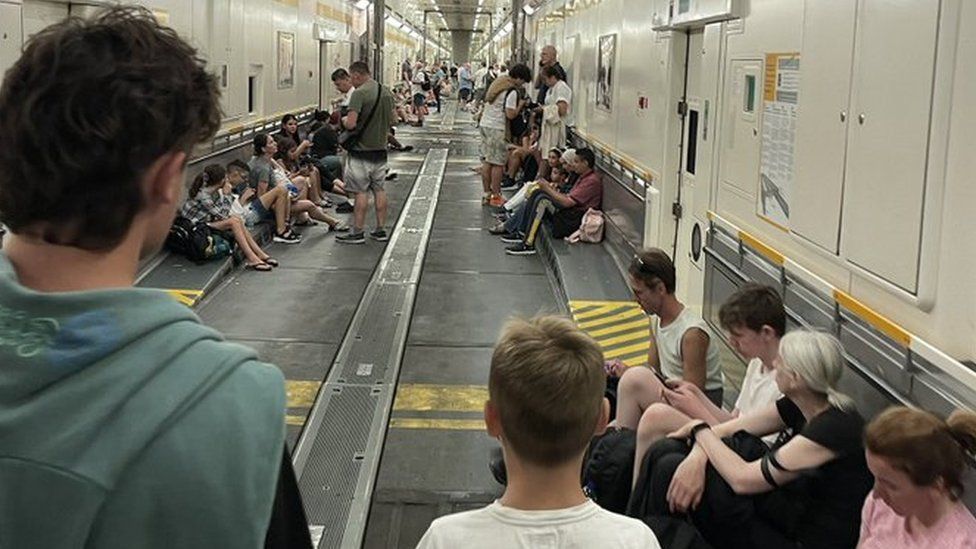MPLA won the August 24 general elections with 51.7 percent of the votes - UNITA with 44.5 and 90 elected deputies
The National Electoral Commission (CNE) released the "definitive" provisional electoral results of the August 24 general elections announcing a victory by an absolute majority for the MPLA, which reaches 51.7 percent and elects 124 deputies. UNITA is second with 44.5 percent and 90 elected deputies.
CASA-CE, until now the 3rd largest parliamentary group in the National Assembly, does not elect any deputies.Luanda protest against MPLA
Scene 1
#AngolaElections2022 conflict sparks on Luanda streets with protests about “controversial” election results and the “early” announcement of a win for MPLA
Mass Manifestation
UNITA parallel map
UNITA challenges the national electoral commission to present true data based on the summary minutes
Police show revolt against the MPLA
Source: https://angola-online.net/amp/news/12205
